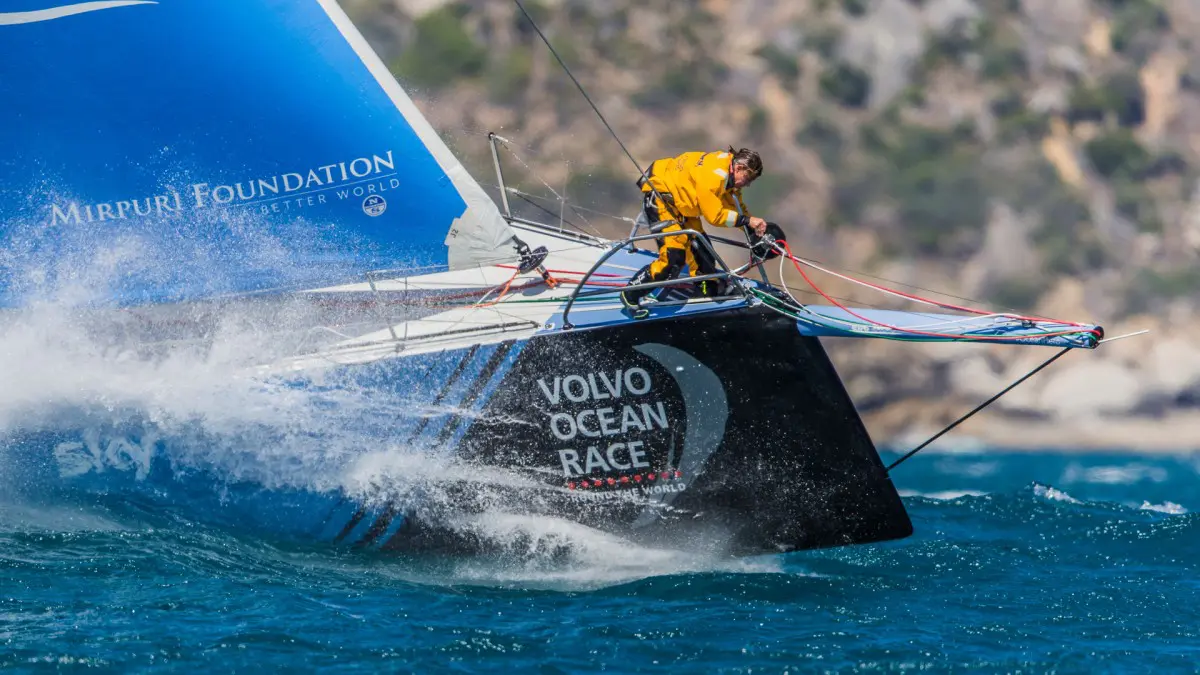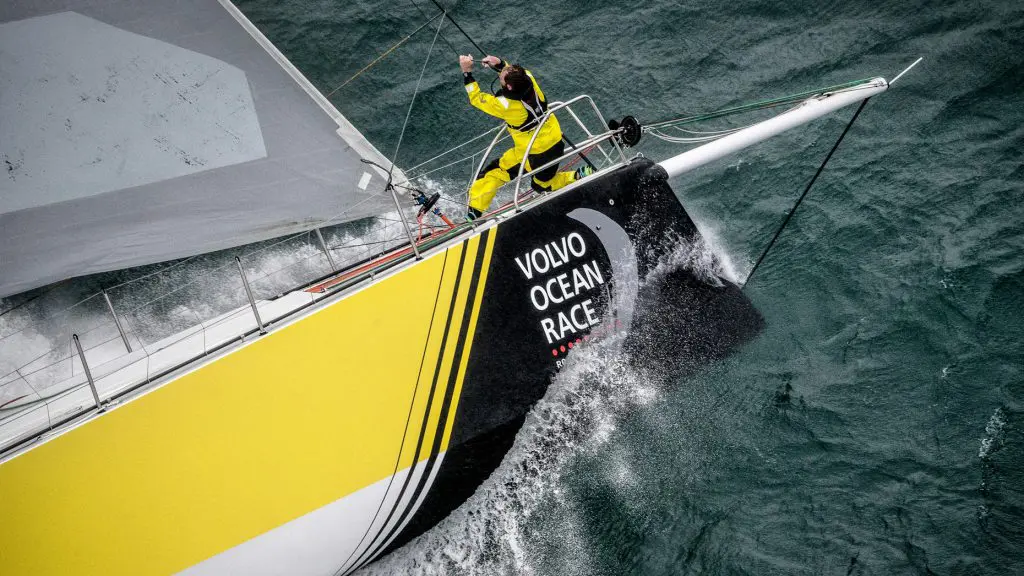At least 25% of plastics used in every new Volvo car will be made from recyclable materials by 2025. The major vehicle manufacturer is calling on other automotive players to collaborate on making the vehicles of the future more sustainable.
Volvo recently showcased its latest XC60 T8 plug-in hybrid SUV during the Volvo Ocean Race stopover at its headquarters in Gothenburg, Sweden. While the SUV may look identical to the current model, it has several plastic components which have been replaced with equivalents containing recycled materials.

Record sales
This is a first step towards making all its vehicles recycling-friendly from 2025 onwards. It is expected this mission will have a significant impact on the worldwide car market considering Volvo sold 571 577 vehicles in over 100 countries in 2017 alone. This is a new record, with sales up 7% compared to 2016.
Fishing ropes, offcuts, bottles
According to Volvo, the T8 model’s interior contains a tunnel console made from renewable fibres and plastic from discarded fishing nets and maritime ropes. Also, the carpet has fibres made from plastic bottles and a recycled cotton mix from clothing manufacturers’ offcuts.
Volvo adds that the seats are also comprised of PET fibres from plastic bottles. The carmaker points out that previously-used car seats were transformed into sound-proofing material utilised under the bonnet.

Goodbye, single-use plastics
The round-the-world Volvo Ocean Race is run in partnership with the United Nations Environment Programme’s Clean Seas campaign. This initiative advocates global cooperation to reduce marine plastic pollution.
Volvo involvement with this non-profit group has inspired it to make another announcement: the carmaker will remove all single-use plastics from its offices, canteens and events across the globe by the end of 2019.
Volvo says it will replace over 20 million single-use plastic items such as cups, food containers and cutlery with more sustainable alternatives. This includes biodegradable products made of paper, pulp and wood. Such a transition equates to the removal of over 500 plastic items per employee per year.
Don't hesitate to contact us to share your input and ideas. Subscribe to the magazine or (free) newsletter.



